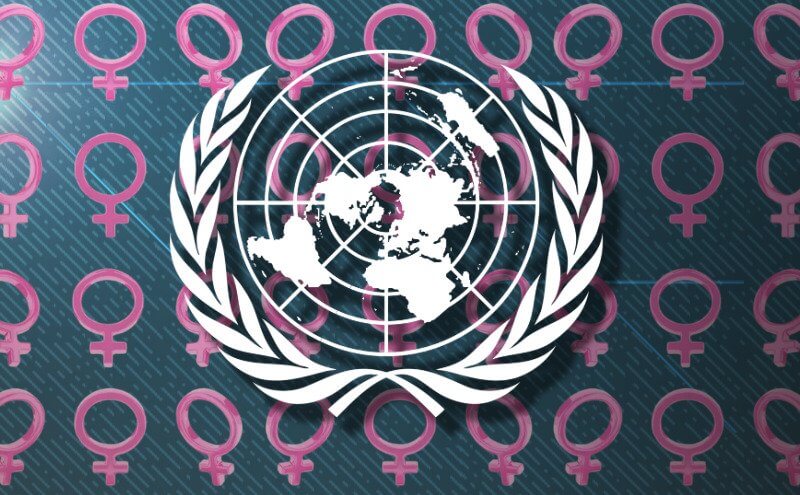Saudi Arabia will be the new chair of the United Nations Commission on the Status of Women, an organization founded in 1945 to be responsible for defending women’s rights. The election was reported to have been uncontested.
The Kingdom’s ambassador to the U.N., Abdulaziz Alwasil, was selected from the members of the ‘Asia group,’ whose turn it was to take charge of the human rights body. The electors that made the decision were representatives from Middle Eastern, Asian, and Pacific Island nations.
The Saudi mission is replacing the Philippines, which has just completed one year of a 24-month rotating presidency.
Although Riyadh's state news agency described the appointment as an event that “confirmed its interest in cooperating with the international community to strengthen women’s rights and empowerment,” many observers have criticized the decision because of the country's past record on issues regarding the rights of its female citizens.
Historically, the Islamic nation strictly controlled the lives of the women within its borders, with restrictions on such things as driving, family law, dress, and travel. Some of these obstacles have been recently relaxed because of modernization efforts by the current de-facto leader, Crown Prince Mohammed bin Salman.
Despite reforms such as allowing women to operate motor vehicles and appear in public without wearing headscarves, critics contend there have been no meaningful changes to the laws affecting many aspects of daily life.
Saudi women must still obtain a male relative’s permission to marry, divorce, travel abroad, or act as a child’s guardian. Additionally, they are required by law to obey their husband's demands under the penalty of losing any financial support.
Gender rights activists in the country have also faced arbitrary arrest and travel bans for advocating for greater freedom.
The Saudi mission to the U.N. did not respond to press inquiries on the development.









